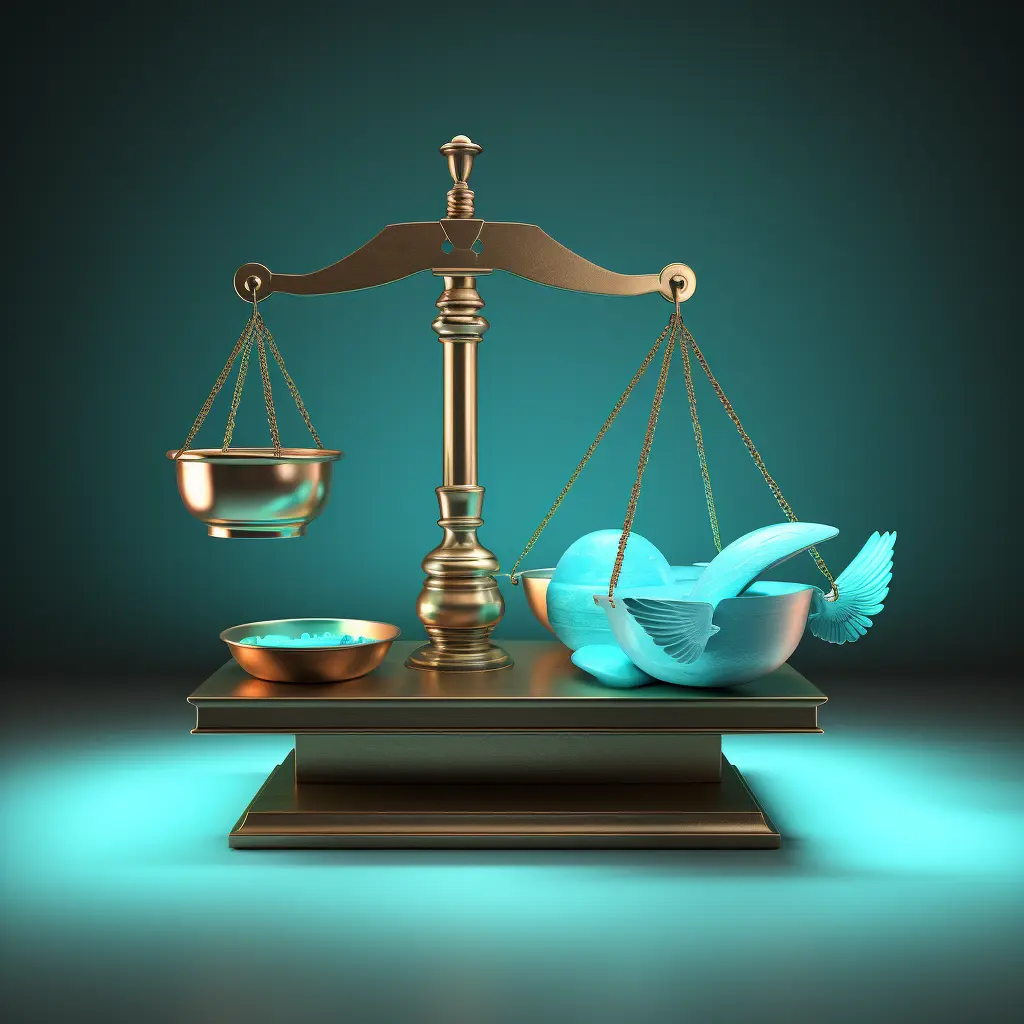Scroll through your feed on X (formerly Twitter). What do you see? Breaking news, hilarious memes, and powerful video clips. And what do you hear? Often, it’s the perfect soundtrack—that chart-topping hit or indie gem that makes a post go viral. But in this bustling digital town square, a crucial question echoes in the silence between tracks: Is anyone paying the DJ?
For too long, music has been the unsung hero of content on the platform, driving engagement and culture without proper acknowledgment or compensation for its creators. It’s time for X to change its tune, embrace music licensing, and fairly compensate the artists who provide the heartbeat for its most viral moments. Here’s why this is a non-negotiable step into the future.
The Unpaid Beat Behind the Viral Tweet
At its core, every song is a piece of intellectual property—the product of countless hours of passion, creativity, and investment. To use it without a license is to ignore this fundamental principle. Respecting intellectual property isn’t just about legal jargon; it’s about acknowledging the human effort behind the art.
Artists, songwriters, and producers depend on royalties to make a living. When their music is used freely on a massive platform like X, it devalues their work. Licensing ensures a flow of fair remuneration, turning “exposure” into actual, sustainable income. This isn’t a handout; it’s an overdue payment for a service that already makes the platform more engaging.
From Discord to Harmony: Building Bridges with the Music Industry
Imagine a world where X and the music industry aren’t at odds but are powerful allies. By implementing a clear licensing framework, X can transform its relationship with labels, publishers, and artists from a source of friction into a collaborative partnership.
This opens up incredible opportunities:
Exclusive Song Premieres: Artists could debut new tracks directly on the platform.
Official Trending Challenges: Drive massive engagement with licensed audio clips, similar to TikTok’s model.
Artist-Led Conversations: Host Q&As and “Behind the Music” content that draws in millions of fans.
This collaboration would foster a vibrant creative environment, encouraging musicians to see X as a primary hub for connecting with their audience, ultimately enriching the experience for every user.
Playing by the Rules in a Global Digital Arena
In the modern social media landscape, failing to license music is like showing up to a symphony in sweatpants—it’s out of step with everyone else. Platforms like TikTok, Instagram, and YouTube have already established robust systems for music licensing. By holding out, X not only falls behind its competitors but also operates in a legally precarious gray area.
The risk of copyright infringement lawsuits is a ticking time bomb that can lead to astronomical fines and severe reputational damage. Proactively securing licenses isn’t just about avoiding legal trouble; it’s a strategic move to ensure long-term sustainability and align with global standards of corporate responsibility.
Conclusion: The Future Sounds Better Together
The call for X to license songs and pay royalties is more than a legal necessity—it’s a cultural one. It’s a commitment to fostering a sustainable creative ecosystem where artists are valued, innovation is rewarded, and collaboration thrives.
By finally paying for the music that powers its platform, X can unlock a new era of growth, mitigate significant risks, and build a stronger, more dynamic community. For the platform, the artists, and the users, it’s a clear win-win-win. It’s time to stop the silence and officially press play on a future where every creator is compensated.


